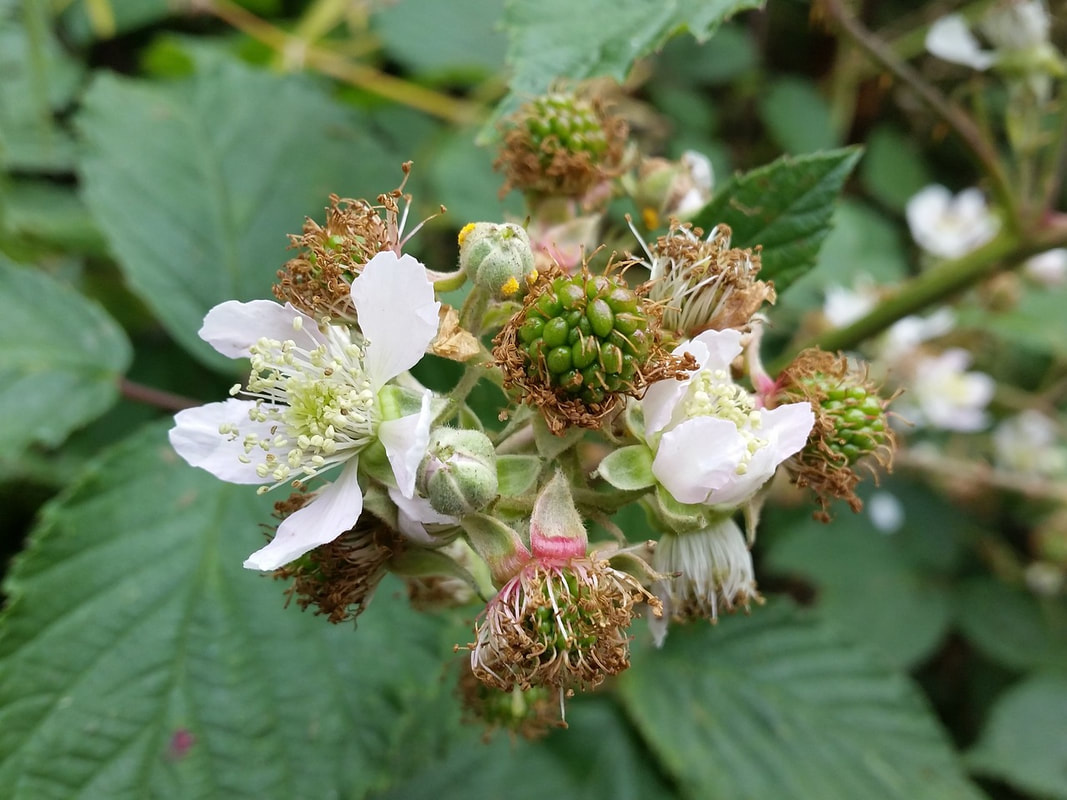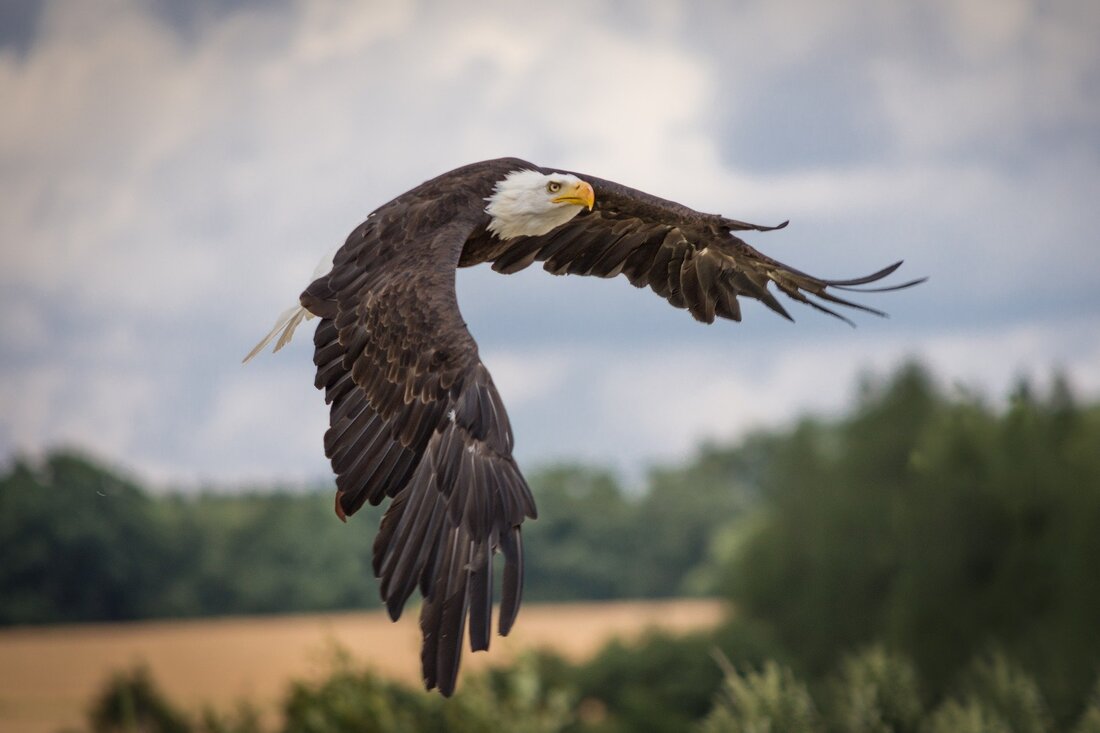|
Reflections from a home front: 16 Last Saturday, we ran an event at our local parish church, where people shared all kinds of creative projects they’d been doing during lockdown. All online, of course, via Zoom. ‘Light for Lockdown’ (on the eve of the Solstice) was thus fairly risky in all sorts of ways, but actually came together remarkably well. It turned out people had been busily producing poems, old-fashioned letters, photography, paintings and knitting; they have been practising violin solos, piano duets and choral pieces; they have created community gardens. Of course the acoustic quality of the playing was nowhere near live performance, and photos of woolly hats and mixed borders can’t convey the textures and scents required for a full appreciation. But, somehow, miraculously, spirit transcended technology, and the result was most certainly greater than the sum of its parts. A couple of people read from books that had assumed fresh significance during this time, one of which was Emma Mitchell’s The Wild Remedy. I hadn’t read it myself but certainly intend to now. For this author’s account of how, in the midst of depression, encounters with nature proved the most effective therapy, seems to touch on the experience so many of us have had in recent months. The selected reading seemed spot-on for this moment. It wasn’t written this year, but could have been: June is the time when I begin to wish the year would slow down. I want to stretch the growing season out, so that I might more easily absorb the growing abundance of the weeks ahead of midsummer, before the grasses start to become bleached and brown and the year steers towards Autumn. I want to press pause. I find the changing of the seasons fascinating, beautiful and compelling. For us in Britain, at any rate, nature is the seasons. And I know I’m not alone in having become more acutely aware of the nature’s rolling programme. Perhaps it’s just because we’ve had the time to be out there. Here we press Pause for the next instalment of the sea eagle story. Previously, I wrote, in a poetic flight of fancy, about ospreys patrolling the pond. In the following post, I was very excited to be able to report that a friend told me that they did in fact have sea eagles, more or less outside their house in Petersfield. Shortly after reading about these extraordinary birds, apparently on a day trip from the Isle of Wight, we then took our own day trip to the Norfolk coast – and saw a white-tailed eagle. Definitely. Couldn’t have been anything else. On the drive home, though, I began to doubt my binoculars. I’ve just got sea eagles on the brain, I thought. But then some keen ornithologist friends assured us that birds from Germany and Norway are regularly spotted there. And indeed, the sea eagle website confirmed that the Isle of Wight ones have been seen as far afield as Wolverhampton. (Wolverhampton?!) Anyway, (Press Play) perhaps it’s because the cleared byways and quelled engines allowed us to see and hear, as if for the first time. Perhaps because we had a sense that, though we were halted in our tracks, nature continued her course. The more the hedgerows changed, the more it felt the year was slipping away. The year the calendar forgot. Perhaps, too, at some level, we are drawn to the changing seasons because we’re now aware of life changing in a wholesale way. We feel the earth turning. For many of us it’s deeply unsettling. We would like to press Pause. Some days we might even feel like pressing Rewind. But apart from the fact it’s just not an option, to rewind would be to lose perspectives and lessons that might just be the remaking of us. All sorts of initiatives are springing up – just this week, the the BBC’s Rethink, for example – with the aim of taking stock and taking the opportunity of this auspicious moment to pause, to reimagine, to reshape our living. The hope is that seeds sown in lockdown may produce the shoots and fruits of a more sensitive, sustainable future. Today’s poem took root a couple of weeks ago, when, on my morning meadowside walk, I noticed the first green knots of bramble fruit in the hedgerow. For me this always portends the pencil-sharpening days of September when blackberry picking meant an imminent return to school (though blackberries seem to come much earlier these days). For this week’s audio reading, we have a guest appearance from the Wandering Albatross. When handed the first draft, he immediately read it aloud – and rather well. So there he is. Already
Walking though the meadows, early June, It seems a thousand greens have been unleashed. Burst buds, new wings and every strain increased; Everything we came for – here so soon. Among the bramble flowers, the tight green fists And tiny haws – time’s stealthy infiltrations, Then the starlings’ minor murmurations Call to coming mellowness and mists. All is prequel; all a slow cross-fade. For longer days to linger here we yearn. But just as summer finds her stride, nights turn, Edging out the day: the darkward slide To winter, where attenuated light Swells sticky buds and draws the aconite.
0 Comments
Reflections from a home front: 15 It’s been a postless, poemless time of late, but after a week of illness (completely non-Covid-related) and then a week of dealing with the resulting backlog, it’s a relief to get back to the solace of composing. I am limbering up with another fairly brief post. First though, an important update on the last one. The poem (Diverting Dactyls for Difficult Days) mentioned ospreys patrolling the garden pond, just by way of surreal humour. Except, one reader, a friend in Hampshire, immediately got in touch to tell me about the sea eagles on their pond outside their front door. OK, so the pond in question is actually a largish one on Petersfield Heath and the birds in question are white-tailed eagles recently reintroduced on the Isle of Wight, apparently heading up the A3 for a spot of lunch. But still! It’s rather exciting when what you thought was a flight of poetic fancy turns out to be more-or-less fact. Of course, some of these incursions are not necessarily linked to lockdown. But as the silence is broken by the crescendo of traffic noise and as the air is restocked with fumes, it’s hard not to feel a certain nostalgia for those first, relatively peaceful weeks. And it will be hard not to feel a sense of loss as nature loses territory regained. At least, that’s what I’ve been feeling, and hence today’s poem. “Crikey,” said the Wandering Albatross, “it’s a bit … apocalyptic, isn’t it?” “It isn’t meant to be,” I said. “It’s more of a plea.” (Because, like so many others, I really do hope that one of the brightest silver linings to the Covid Cloud will be learning what’s possible when it comes to working together to tackle climate change, to find more harmonious ways of living together on this planet.) “Perhaps you could change the ending. Make it more hopeful?” he suggested, helpfully. Well, the thing is that it’s a palindromic poem, [1] so once you’ve managed to work it out and you’ve got to the end, there’s not a lot you can do. I could perhaps, as also suggested, have solved the problem with the title. But I liked the existing one. So with apologies for the unintended doom, here are the usual oral and textual renditions. Vice Versa Here, The quickened air Drapes the stage with green – The lavish scene for solo thrush, Then chorus lines of butterflies and bees, And from the wings, a troupe of deer and fox and hare – A wild, extempore ensemble, streaming live, and free Until we break the spell. Now see the wild ensemble freeze. The troupe of hare and fox and deer bow out. They leave The bees and butterflies in ruptured lines The thrush repeats. The closing scene Unmantling the stage Where thickened air Grieves. [1] Poem with a symmetrical structure, where the second half reads roughly the same only in reverse. |
AuthorStill me … Archives
September 2020
Categories
All
|


